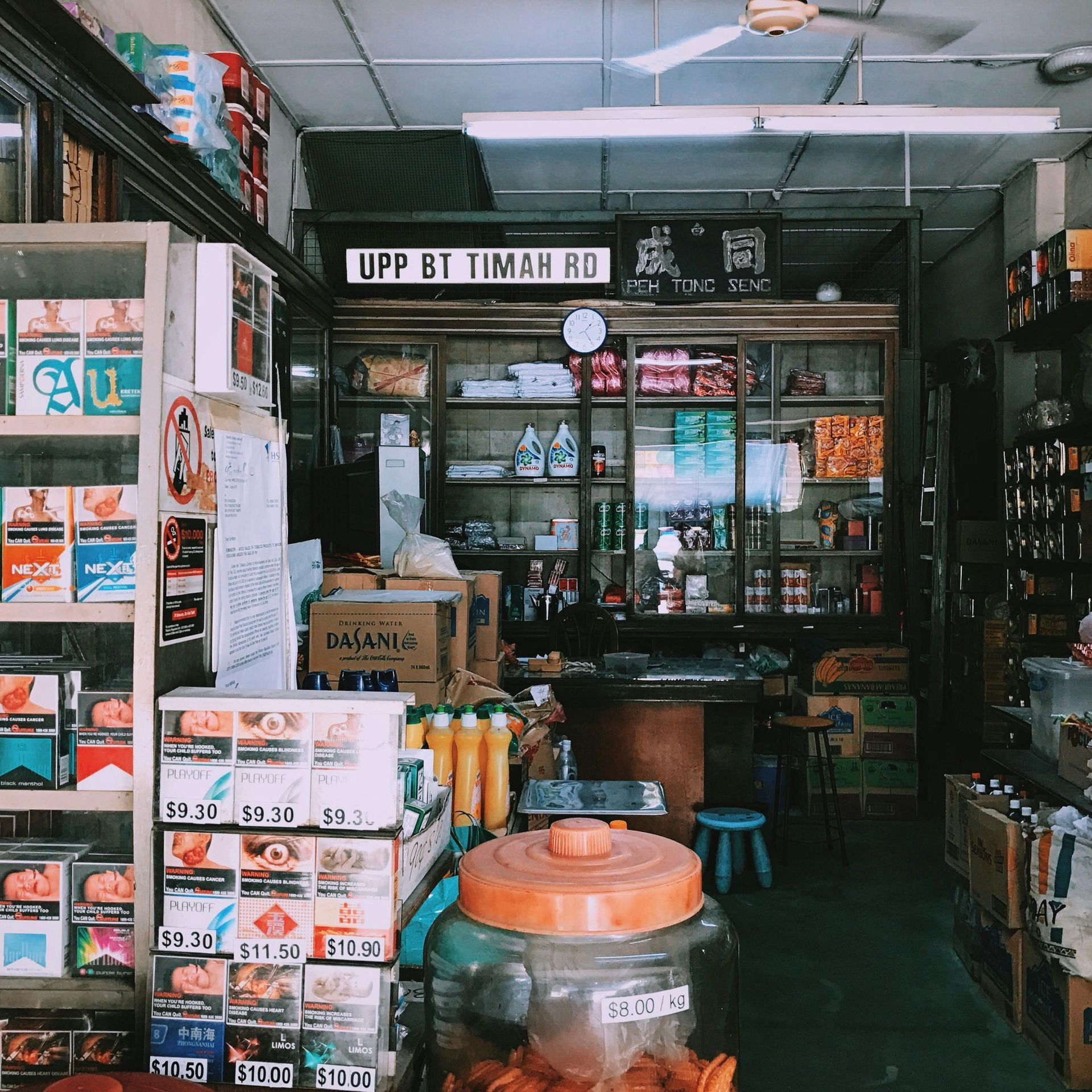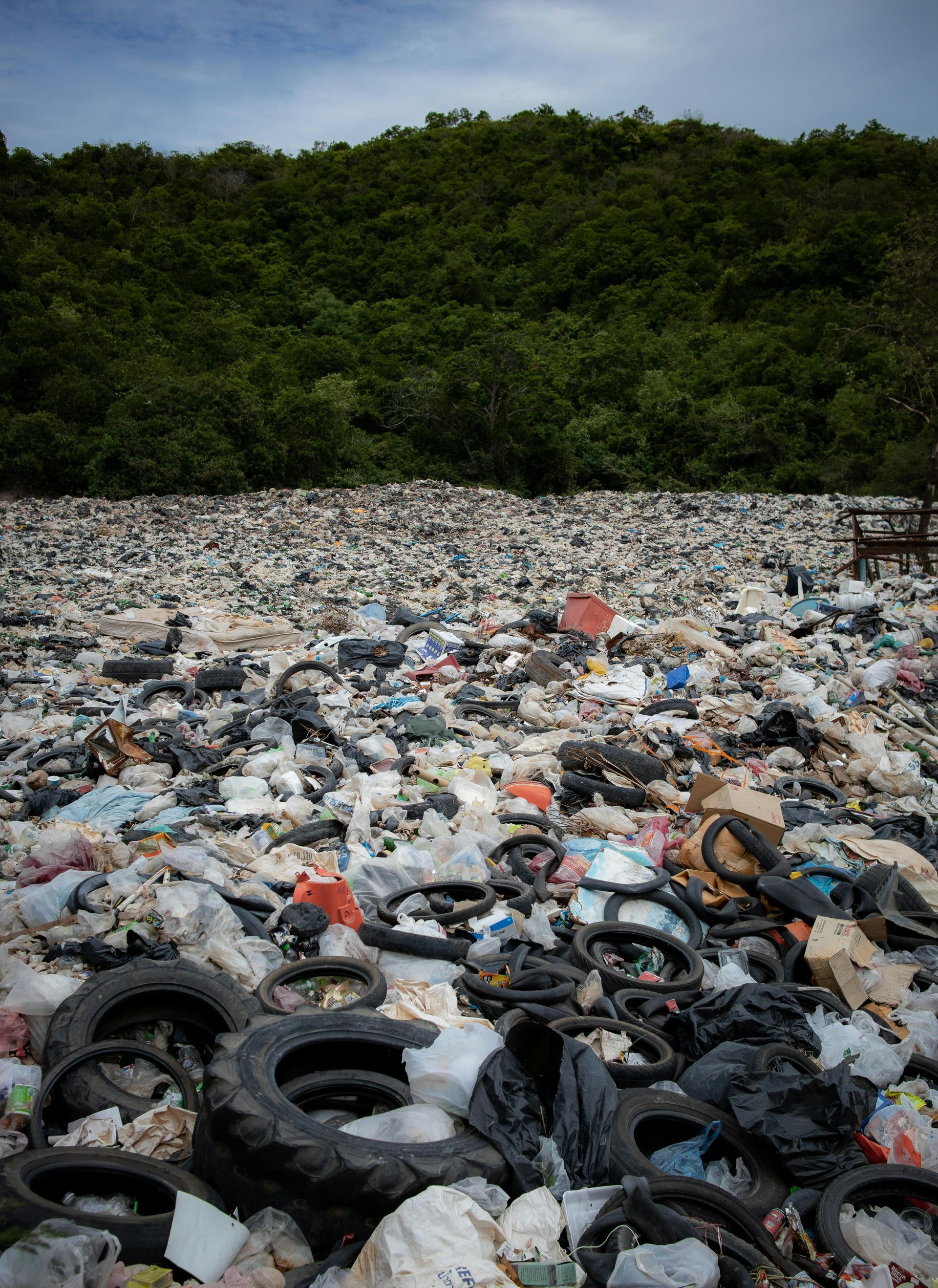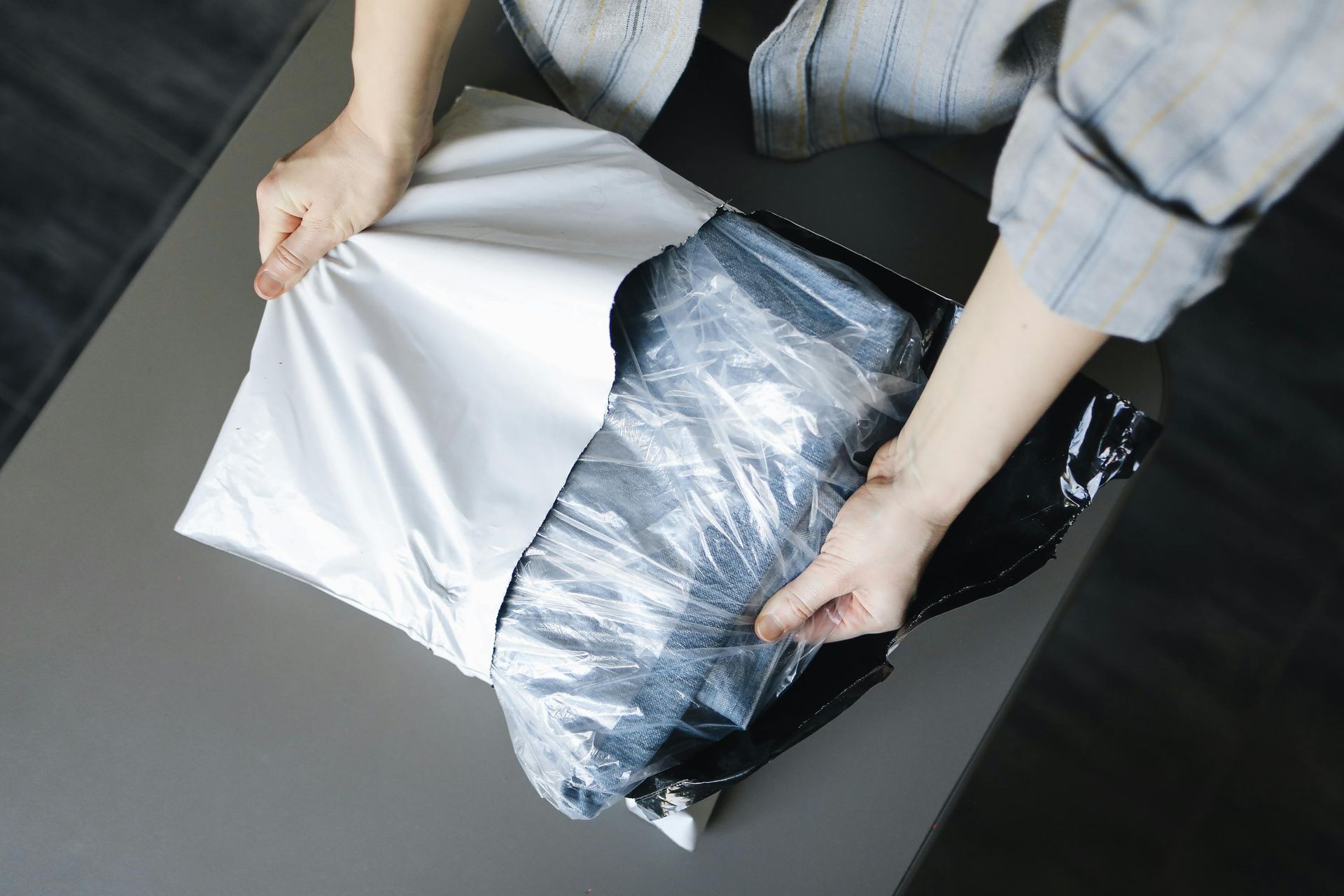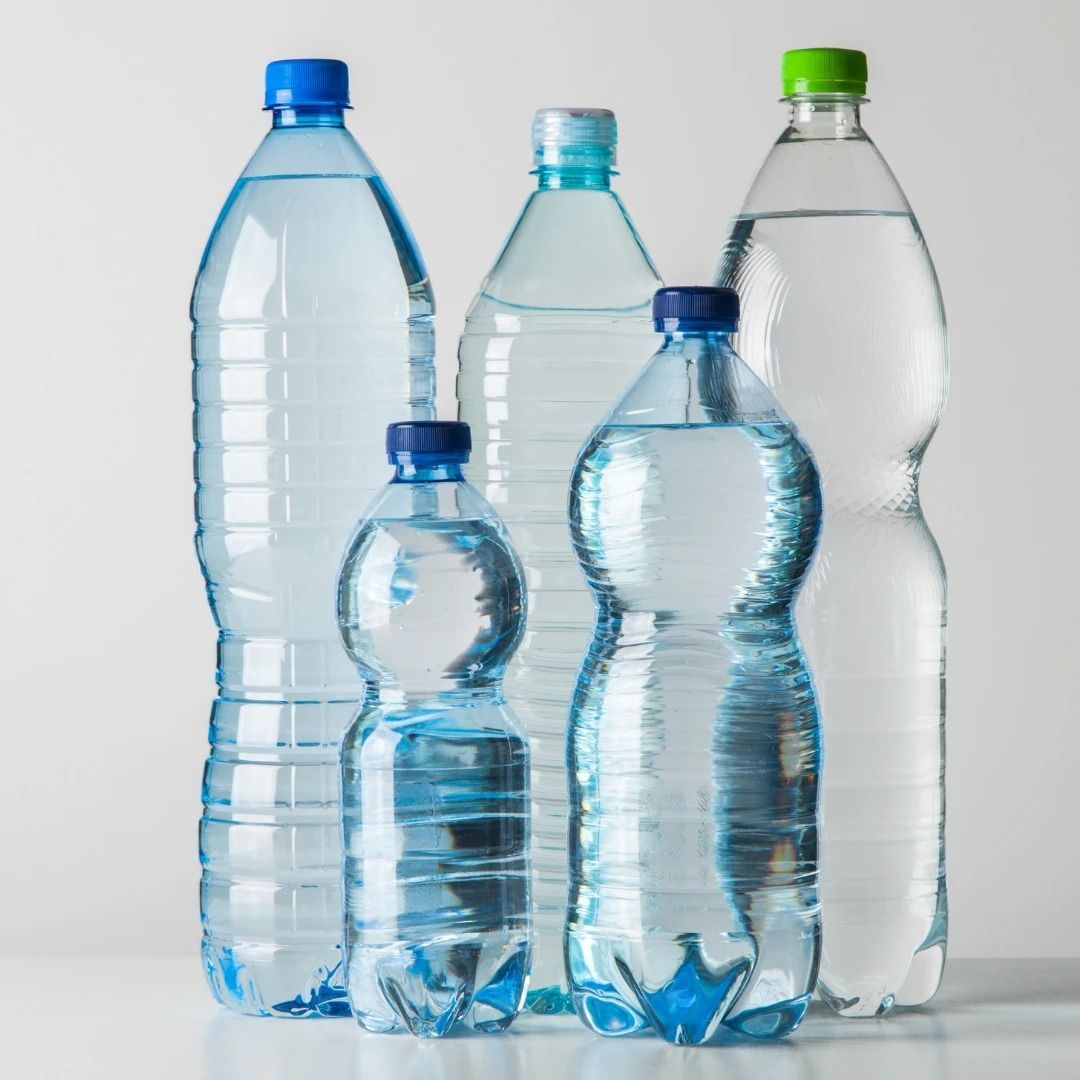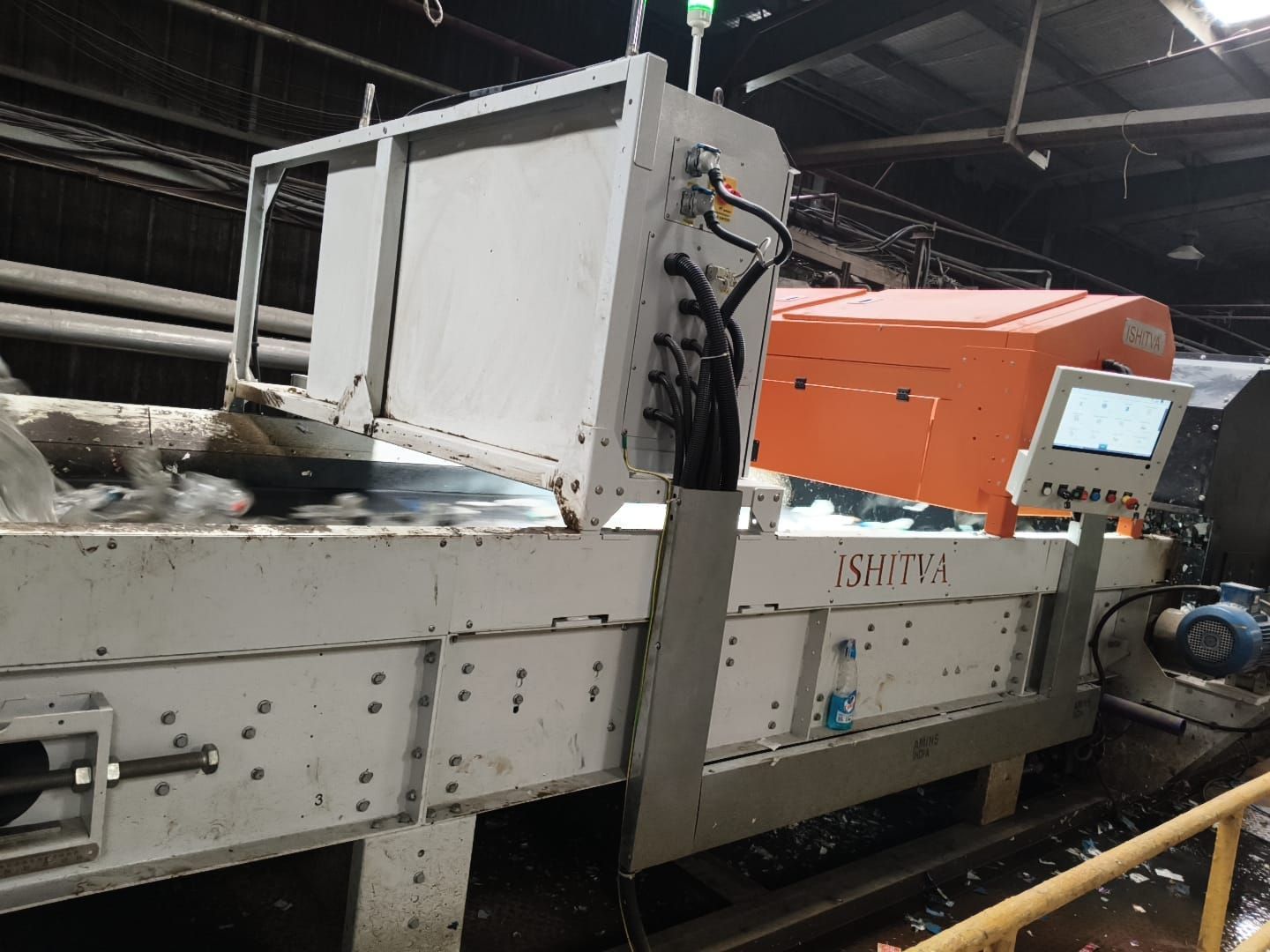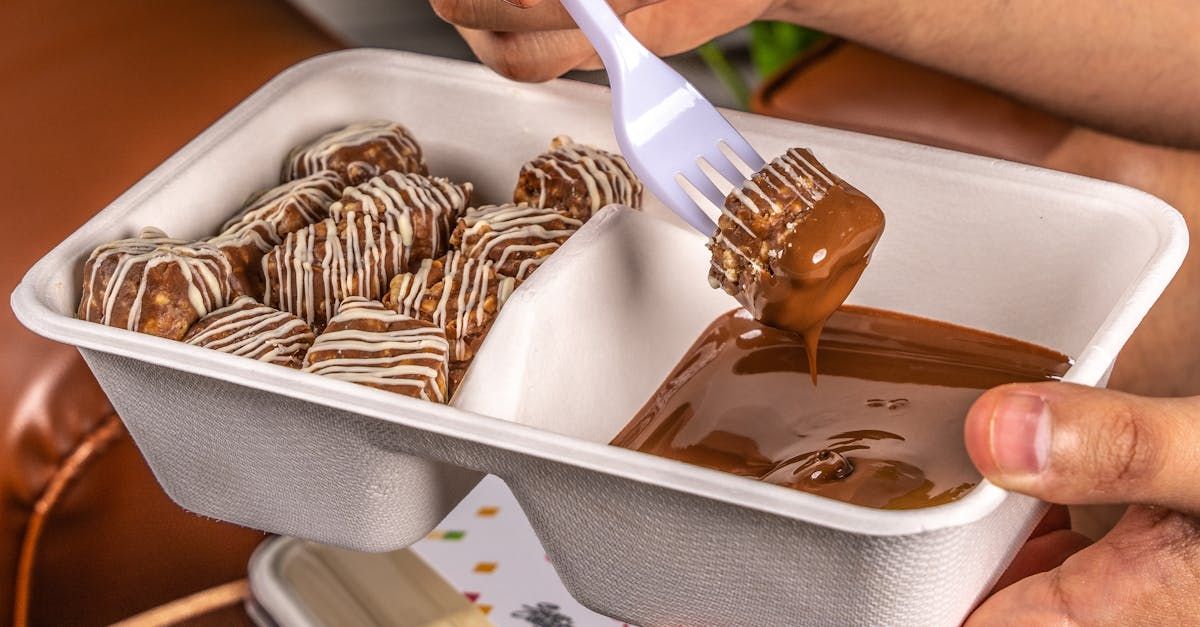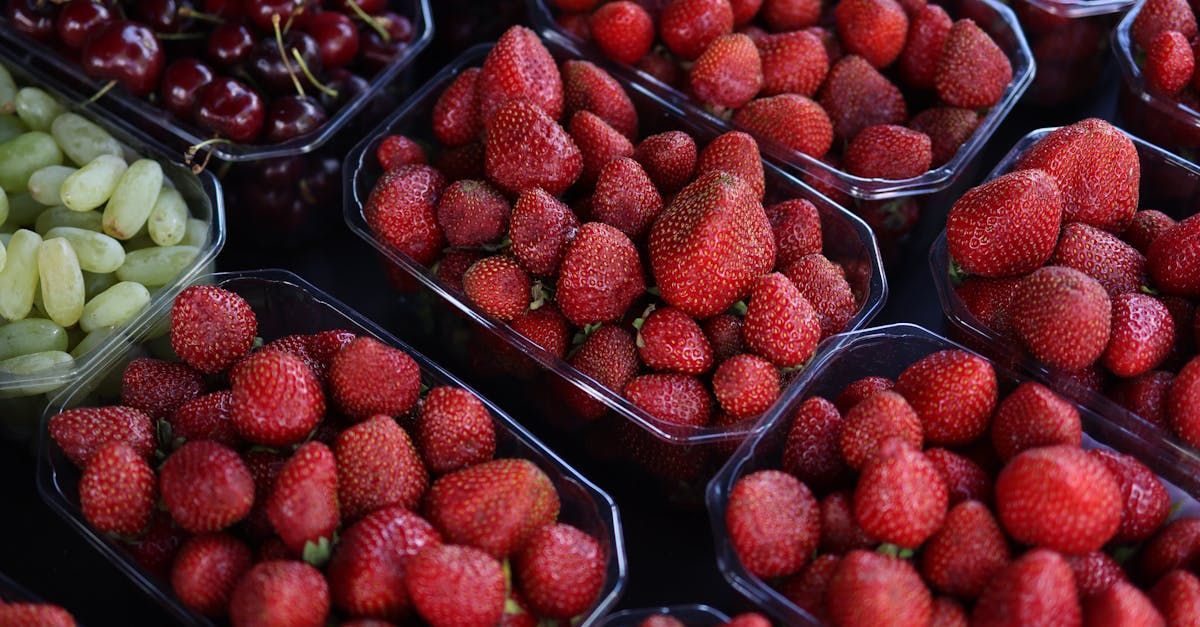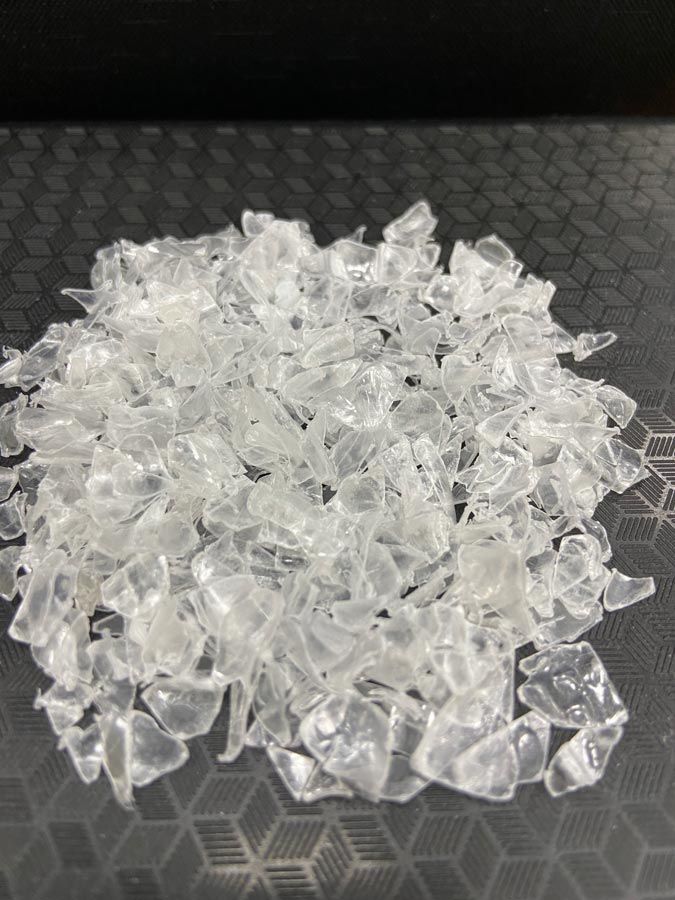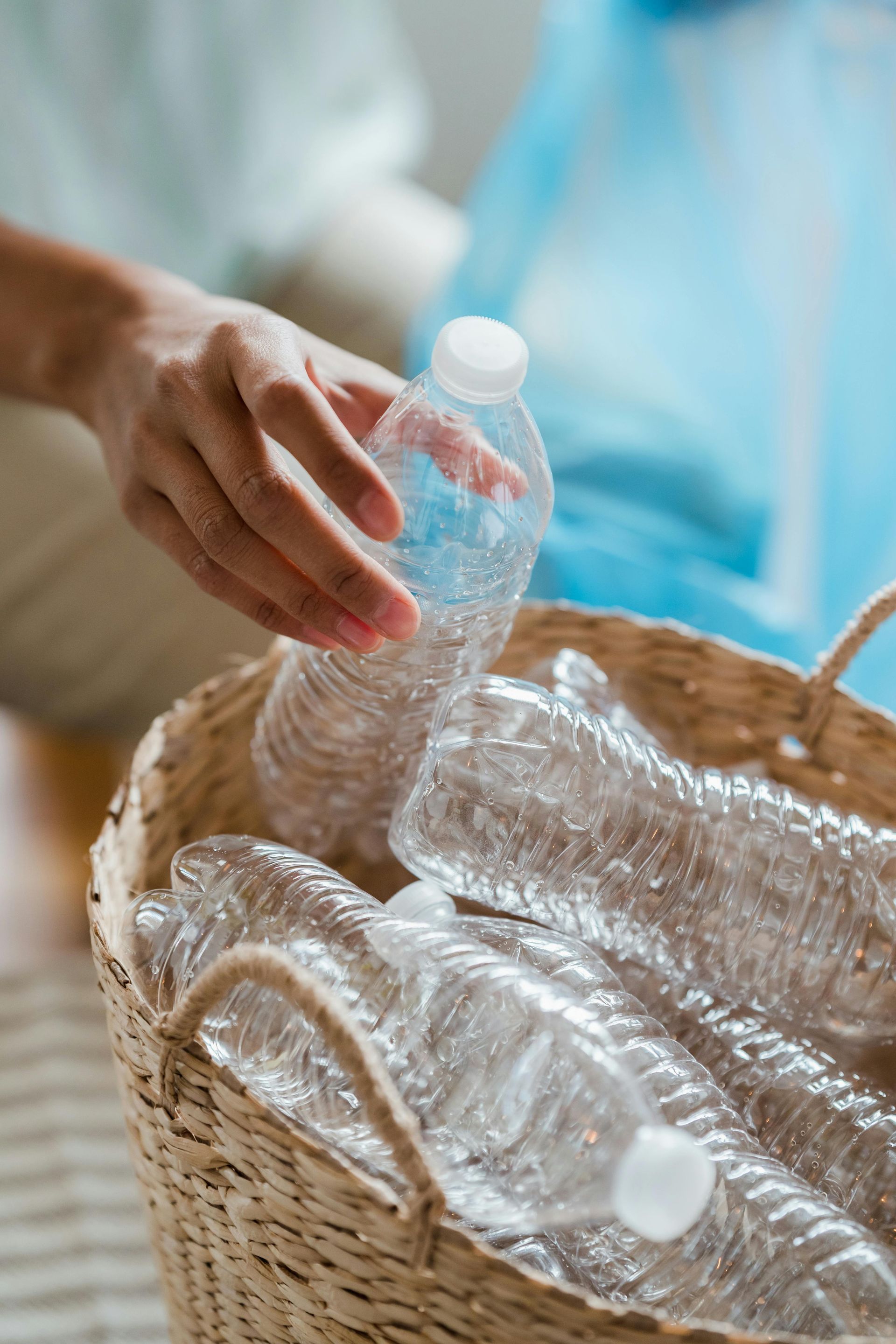Innovations and Strategies for Sustainable Plastic Packaging
An Objective Overview: Sustainable Plastic Packaging

The global market for plastic packaging is undergoing a significant transformation, driven by regulatory mandates, evolving consumer expectations, and the urgent need for sustainability. In India, recent government policies such as the Plastic Waste Management (PWM) rules are seeking ambitious targets for recycled content in packaging, with a goal of 60 percent by 2028. This regulatory momentum is creating new opportunities for collaboration between recyclers, brand owners, and converters, while also presenting challenges related to compliance and enforcement opportunities
Opportunities in Sustainable Plastic Packaging
The push for higher recycled content in packaging materials is opening doors for companies specializing in post-consumer plastic recycling. As brands seek to meet compliance targets in a cost-effective manner, partnerships with recycling firms are becoming increasingly important. The establishment of clear timelines and mandates is expected to drive demand for recycled polymers such as rPET, rHDPE, and rPP, fostering innovation and investment in the sector.
Threats and Challenges
Despite the positive outlook, the industry faces significant threats from non-compliance, particularly within the unorganized sector. Effective implementation of recycling mandates requires robust tracking systems and strict penalties for violations and fraudulent practices. The inability to accurately measure recycled content in finished products, such as bottles and preforms, complicates enforcement. Additionally, issues related to imports and mislabeling of recycled materials further undermine the integrity of the system. Strengthening oversight and ensuring the use of genuine recycled granules are critical for market stability.
Progress Towards Circularity
India’s journey toward circularity in plastic packaging remains in its early stages. While initial pilot projects and dialogues between recyclers and brand owners have begun, widespread compliance and fulfillment of regulatory mandates are still a work in progress. The industry must continue to build supply chains and foster relationships to achieve full circularity.
Strategies for Increasing Recycling
The most readily available recycled polymer in India is rPET, leading to suggestions that all plastic packaging should transition to this material for easier compliance. However, the diversity of polymer use cases necessitates tailored solutions for each type. For rHDPE, innovations such as greenish-grey bottles with full sleeves can address colour-related recycling issues while preserving brand identity. Design for recycling principles such as water-based glues, BOPP labels, easy-tear options, and standardized HDPE caps are essential for improving recycling efficiency.
Economic Benefits and Challenges
Transitioning to sustainable plastic packaging offers several economic advantages:
• Improved value for waste pickers
• Reduced foreign exchange outflows
• Lower oil imports and consumption
• Decreased CO2 emissions through mechanical recycling
• Potential job creation in collection and recycling sectors
However, these benefits are accompanied by challenges, including the need for investment in infrastructure, technology, and compliance systems.
Impact of Design for Recycling
As the industry moves toward incorporating recycled content, design for recycling is becoming increasingly important. In rPET, the prevalence of green bottles poses a challenge, as they are less valuable to waste pickers compared to clear bottles. Standardizing bottle weights and labels, as well as caps and closures, can enhance recycling outcomes. For rHDPE, standardizing ash content and developing new color ranges can help brands showcase their commitment to recycling.
In summary, the sustainable plastic packaging sector in India is at a pivotal moment. Regulatory mandates, technological innovation, and collaborative efforts are driving progress, but overcoming compliance and implementation challenges will be key to realizing a truly circular economy. As the sustainable plastic packaging sector in India continues to evolve, the collective efforts of industry leaders are making a measurable impact. Ribotl Solutions stands at the forefront of this movement, consistently driving innovation and compliance in post-consumer plastic recycling. By processing millions of PET bottles and championing design for recycling principles, Ribotl demonstrates what’s possible when commitment meets expertise. For brands, retailers, and policymakers looking to accelerate progress, partnering with pioneers like Ribotl is not just a smart move —it’s a step toward a cleaner, more circular future. The challenge is real, but so is the momentum. Let’s keep it going.
